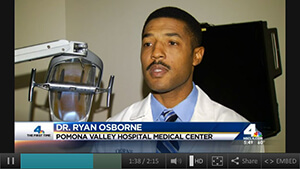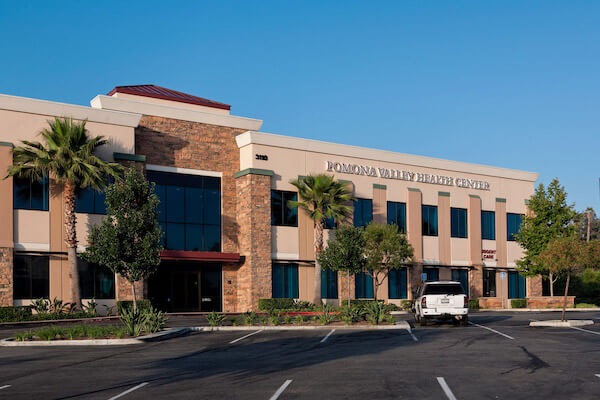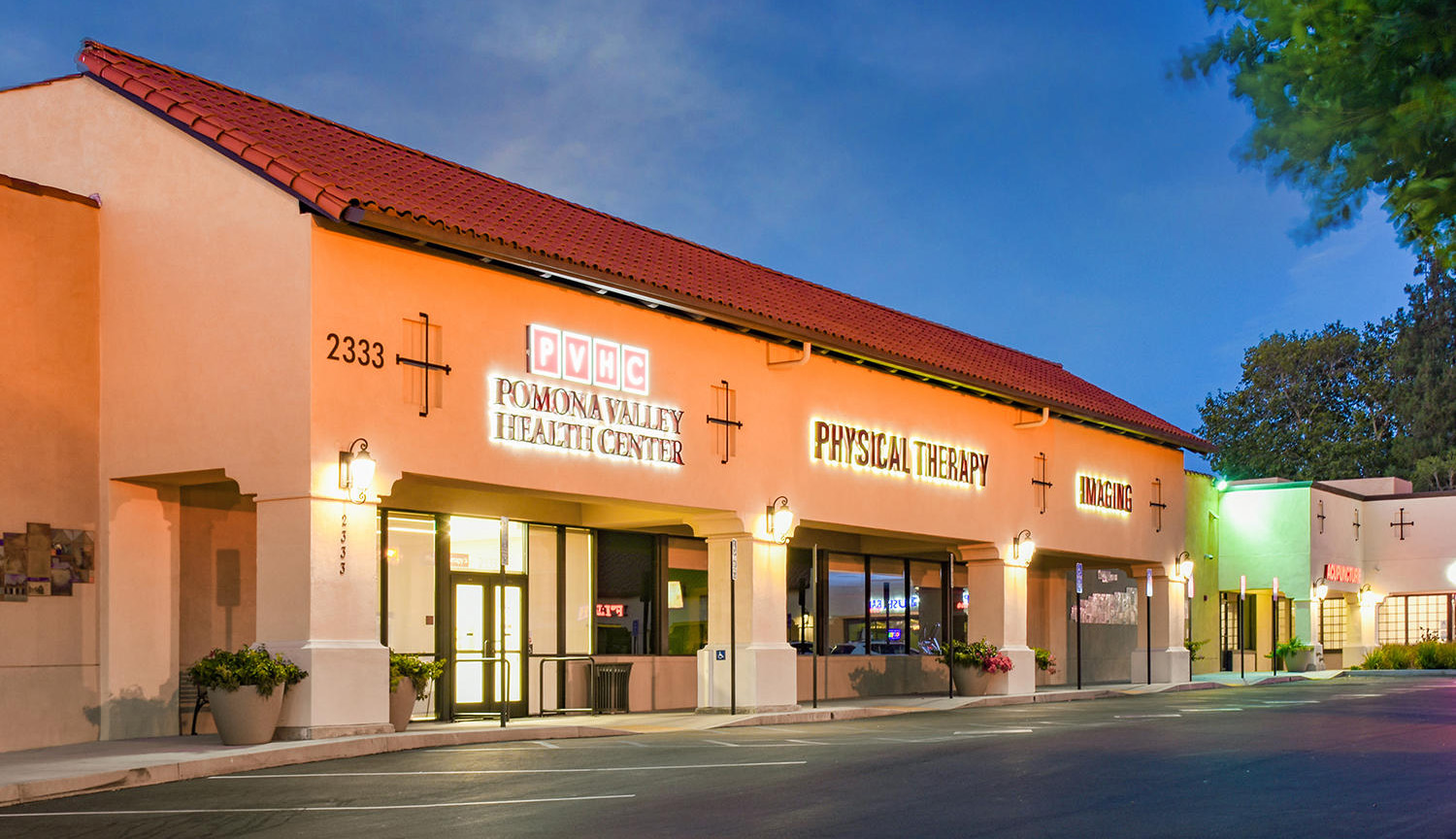 Does the sound of your snoring compete with a NASA rocket launch? If you answered yes, you might have a condition called obstructive sleep apnea. While snoring is a common occurrence, with obstructive sleep apnea the muscles in your throat relax to the point that they block your airway and you stop breathing. The loud snoring that results as you begin to breathe again is a classic sign of obstructive sleep apnea.
Does the sound of your snoring compete with a NASA rocket launch? If you answered yes, you might have a condition called obstructive sleep apnea. While snoring is a common occurrence, with obstructive sleep apnea the muscles in your throat relax to the point that they block your airway and you stop breathing. The loud snoring that results as you begin to breathe again is a classic sign of obstructive sleep apnea.
Pomona Valley Health Centers (PVHC) in Claremont, Chino Hills and Pomona are your partners in health. We offer these additional signs of obstructive sleep apnea, including:
Episodes of obstructive sleep apnea can last 10 to 20 seconds and happen as often as 100 times during the night. This inconsistent breathing pattern can lower the level of oxygen in your blood. Thankfully your brain senses this faulty breathing and disrupts your sleep to get you breathing again. This happens so quickly that you might not remember waking up. However, you’ll feel it in the morning. Waking up less than rested, or feeling tired and irritable, are the results of a poor night’s sleep.
Anyone can experience obstructive sleep apnea, but it occurs more often in older people that are overweight. It’s also more common in men than women. Other things that contribute to the development of obstructive sleep apnea are drinking alcohol close to bedtime, smoking and high blood pressure.
Losing weight, avoiding alcohol before bed and sleeping on your side can help manage obstructive sleep apnea. It’s important to talk to your doctor if you experience any of the following:
Are you or a loved one experiencing the signs and symptoms of obstructive sleep apnea? The Sleep Disorders Center at PVHC Claremont offers state-the-art sleep testing and treatment options to help you and your family stay healthy and happy. Call 909-865-9152 to schedule an appointment with our team of sleep experts.
Sleep Disorder Evaluation
This questionnaire consists of questions to help identify your risk of having sleep apnea. Patients can be classified into High Risk or Low Risk based on your responses to the individual items and their overall scores in the symptom categories. Please fill out this questionnaire to assess your risk for sleep apnea. You will have the option to be contacted by the sleep center at the end of the questionnaire.
http://www.pvhmc.org/Sleep-Disorders/Sleep-Disorder-Evaluation.asp




